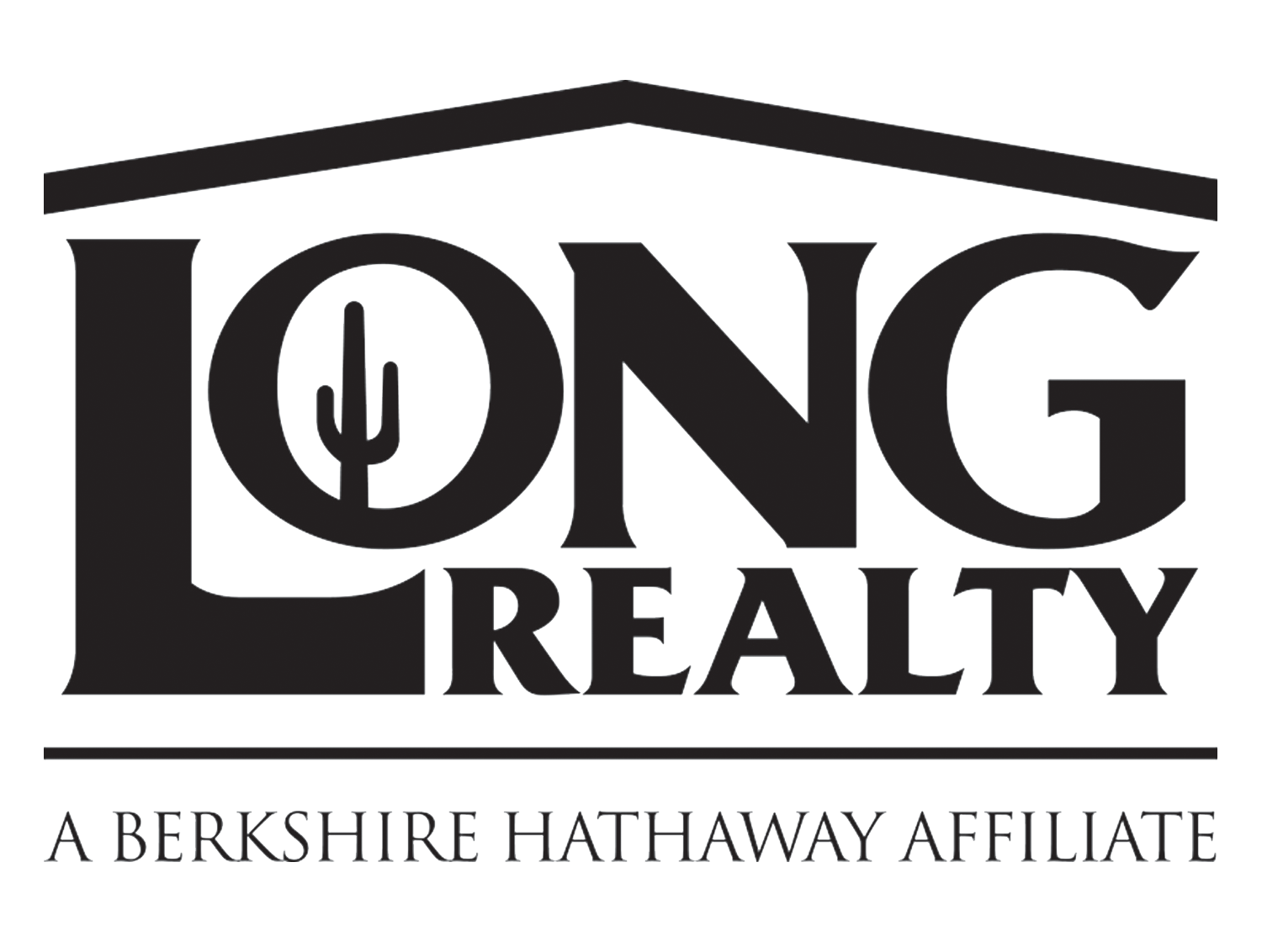This article below shares a few helpful tips about preparing your taxes for 2013 that may apply to some homeowners.
What You Should Know About Your Home and Your 2013 Taxes
By: Dona DeZube
It’s the last year for three sweet home tax benefits, but the first for a way simpler home office deduction. These days few things start a fight on Capitol Hill faster than taxes. Despite the fact that three important tax benefits used by millions of American homeowners are days from expiring, Congress is unlikely to do anything to re-up them any time soon. So if you’re eligible, tax year 2013 is possibly the last time to claim the private mortgage insurance (PMI) deduction, the energy tax credit, and debt forgiveness benefit, all of which all expire on Dec. 31, 2013. At least there’s one piece of good news for homeowners: If you have a home office, there’s a new, simpler option for calculating the home office deduction for which you may qualify on your 2013 taxes.
Meanwhile, here’s what you need to know about those expiring benefits as you ready your taxes:
PMI Deduction
This tax rule lets you deduct the cost of private mortgage insurance, which is what you pay your lender each month if you put down less than 20% on a home. PMI protects the lender if you default on the home loan. Your deduction could amount to a couple hundred dollars depending on your tax bracket and other factors. Find out if you qualify for and how to take the PMI deduction.
Energy-Efficiency Upgrades
This sweet little tax credit lets you offset what you owe the IRS dollar-for-dollar for up to 10% of the amount you spent on certain home energy-efficiency upgrades, from insulation to water heaters. On the downside, the credit is capped at $500 (less in some cases). But on the bright side, the right improvement could lower your utility bills indefinitely.
Debt Forgiveness
When you go through a short sale, foreclosure, or deed-in-lieu, your lender typically lets you off the hook for some or all of what you owe on your mortgage. That forgiven mortgage debt is income, on which you’d typically have to pay income tax. Suppose you’re in financial distress and your lender agrees to let you short-sell your home, say for $50,000 less than you owe on the mortgage, and forgive you for the balance. Without the protection of the Mortgage Debt Forgiveness Act, you’ll owe income tax on that $50,000. It’s likely if you had the money to pay income tax on $50,000, you’d have used it to pay your mortgage in the first place.
New Simplified Option for the Home Office Deduction
This may be the last year for the benefits above, but a new one kicks in for the 2013 tax year. If you work from home, you may qualify to use a new, simplified option for claiming the home office deduction when you file your 2013 taxes. How much simpler is it? It lets you claim $5 per sq. ft. for up to 300 sq. ft. instead of having to compute the actual expenses of your home office using a 43-line form. To calculate the square footage of your office, just multiply the length of two walls. For example, an 8-by-10-foot room is 80 sq. ft. And at $5 per, that’s $400.
Although using the simplified option is obviously easier, the basic requirements for claiming the home office deduction haven’t changed. Your home office still must be used for business purposes:
Exclusively, and
On a regular basis.
Why Might the Tax Benefits Not Be Renewed?
Although the expiring tax benefits were renewed retroactively in past years, that may not happen in 2014 because many in Congress would like to see comprehensive tax reform rather than scattershot renewals of individual provisions. This could delay a decision on the homeownership tax benefits until the big picture budget and tax issues are resolved.
So if you can, enjoy them now!








Connect With Us!